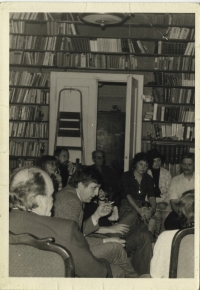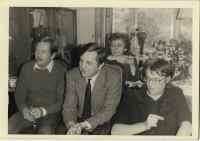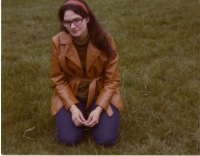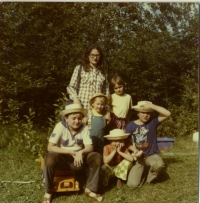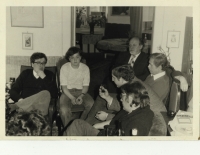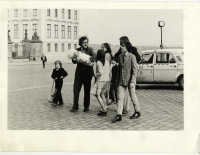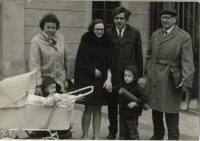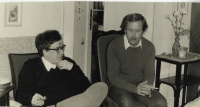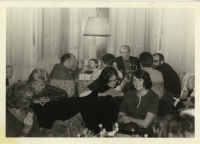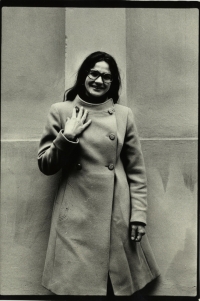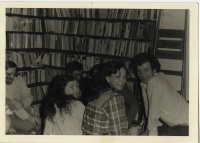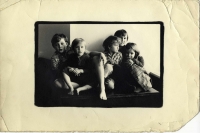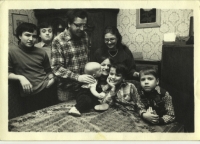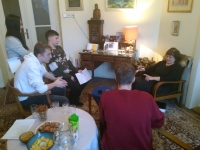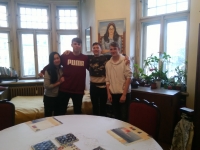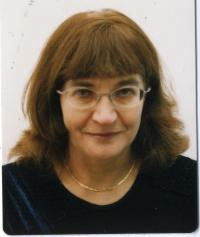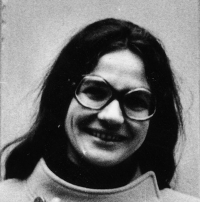I felt as if the last six people who cared about this country were standing trial
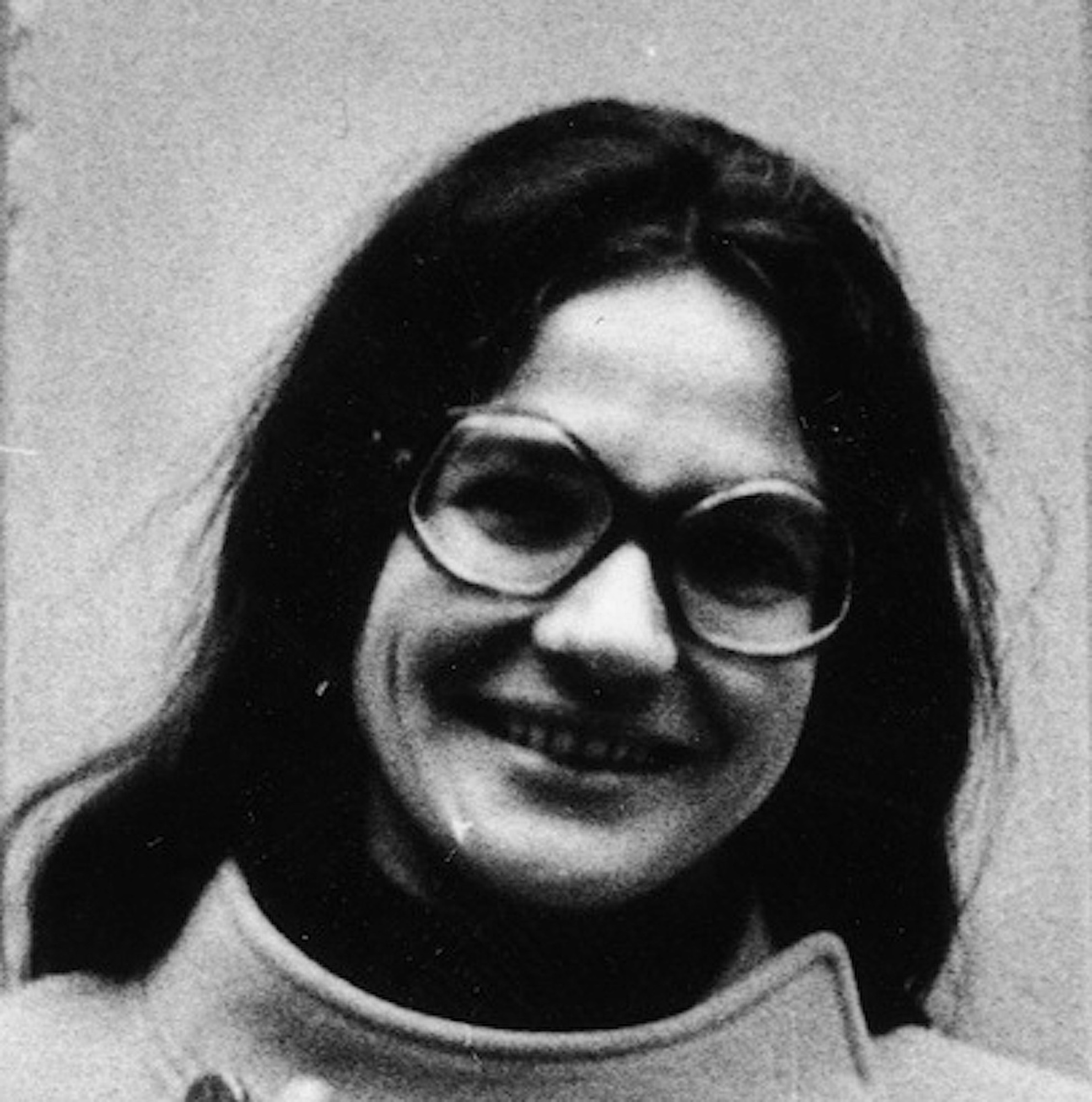
Download image
Kamila Bendová, née Neubauerová, was born on 12 October 1946 in Brno. Her parents were lawyers, her father Zdeněk Neubauer was a professor of constitutional law and the author of the national insurance system. Her brother Zdeněk Neubauer Jr was a well-known microbiologist and philosopher. The Neubauers moved to Prague in 1954, where Kamila spent most of her primary school years. She attended the Comprehensive Secondary School (CSS) in Štěpánská Street and then switched to a special mathematics class at the CSS in Křesomyslova Street for the final year. In 1963 she met Václav Benda - the two married in 1967. She graduated from the Faculty of Mathematics and Physics of Charles University in Prague. In 1968 the young couple intended to emigrate, but in the end they decided that they would not find suitable employment abroad, and so they stayed. They both earned their degrees in 1969; Kamila Bendová was employed at the Mathematics Institute of the Czechoslovak Academy of Sciences. In 1977 Václav Benda decided to sign Charter 77 (the Bendas had five children at the time). Their flat at No. 18 Charles Square became a centrepoint of the dissident scene in Prague and was also one of the most State Security-scrutinised object in the capital. In 1979 Václav Benda was chosen as spokesman of the Charter; he also helped found the Committee for the Defence of the Unjustly Persecuted (CDUP). In reaction to this, the government took the CDUP representatives to court, where Václav Benda was sentenced to four years of prison. Kamila Bendová maintained contact with the Charter community while raising her children. Upon his return from prison in 1984, Václav Benda continued his efforts against the Communist regime; he published the samizdat philosophy magazine Paraf. He co-founded the Civic Forum during the Velvet Revolution; the Bendas’ adult sons Marek and Martin were in the students’ coordination committee. Václav Benda remained publicly active until his death in 1999. Kamila Bendová taught at the Department of Logic at the Faculty of Arts of Charles University from 1991. In June 2003 the Czech Senate elected her to the post of Inspector at the Office for Personal Data Protection. In 1999-2007 she led philosophy seminars at the Faculty of Arts.
